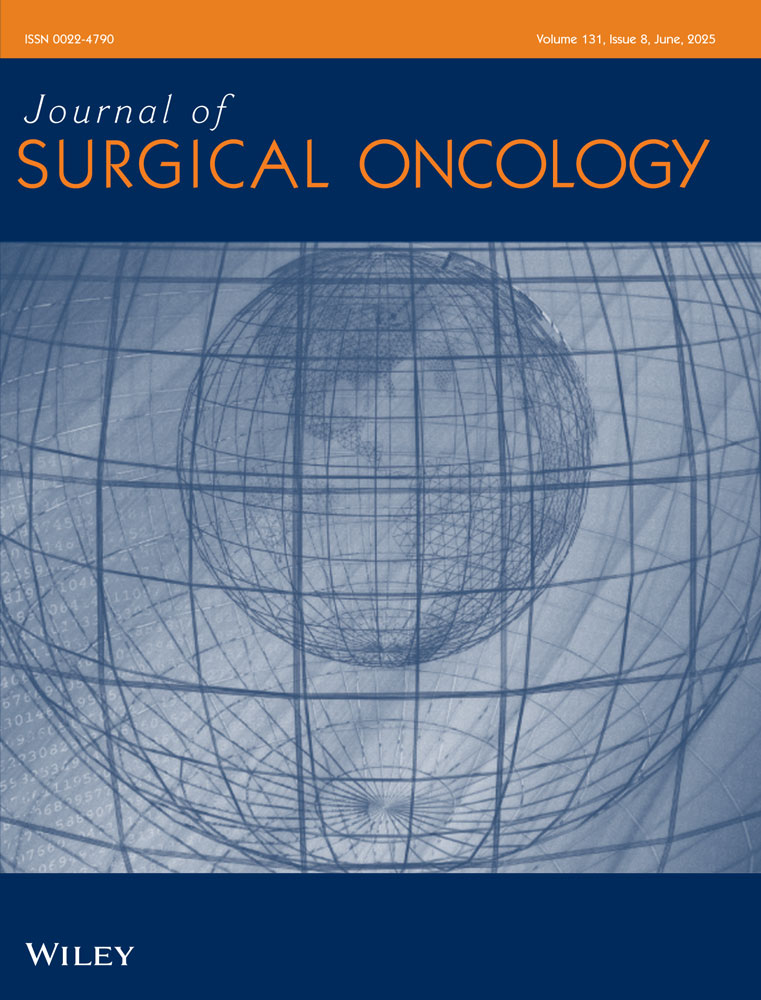Prognostic factors of renal cell carcinoma: A multivariate analysis
Abstract
Background and Objectives: To establish appropriate therapeutic modalities for renal cell carcinoma (RCC), informations on the factors affecting prognosis of patients are essential. For this purpose, multivariate analysis including a large set of variables is necessary.
Methods
Prognostic significance of 14 clinical factors and 19 histologic factors including counting of silver-stained nucleolar organizer regions (AgNORs) were evaluated in 96 patients. Age of patients ranged from 41 to 85 (median 59) yr with a male to female ratio of 4:1. The tumors were staged based on the TNM classification as follows: 7 in stage I, 58 in stage II, 15 in stage III, and 11 in stage IV.
Results
The overall and metastasis-free survival rates in all patients were 80.1% and 72.7%, respectively. Multivariate analysis using Cox's proportional hazards model performed on the factors proved to be significant at the univariate analysis. Univariate analysis revealed four clinical factors including presence of macroscopic hematuria, symptoms such as pain and palpable abdominal mass, anemia, and adjuvant therapy, and nine histologic factors, including AgNOR count, to be significant for survival. Multivariate analysis showed that anemia, pathological stage, and AgNOR count were independent factors for overall survival of patients. The AgNOR count, in particular, is the only predictive factor for metastasis-free survival.
Conclusions
Among various clinicopathological factors, anemia, pathological stage, and AgNOR count are significant prognosticators of RCC. The AgNOR count is also predictive factor for metastasis-free survival. J. Surg. Oncol. 1998;68:11–18. © 1998 Wiley-Liss, Inc.




